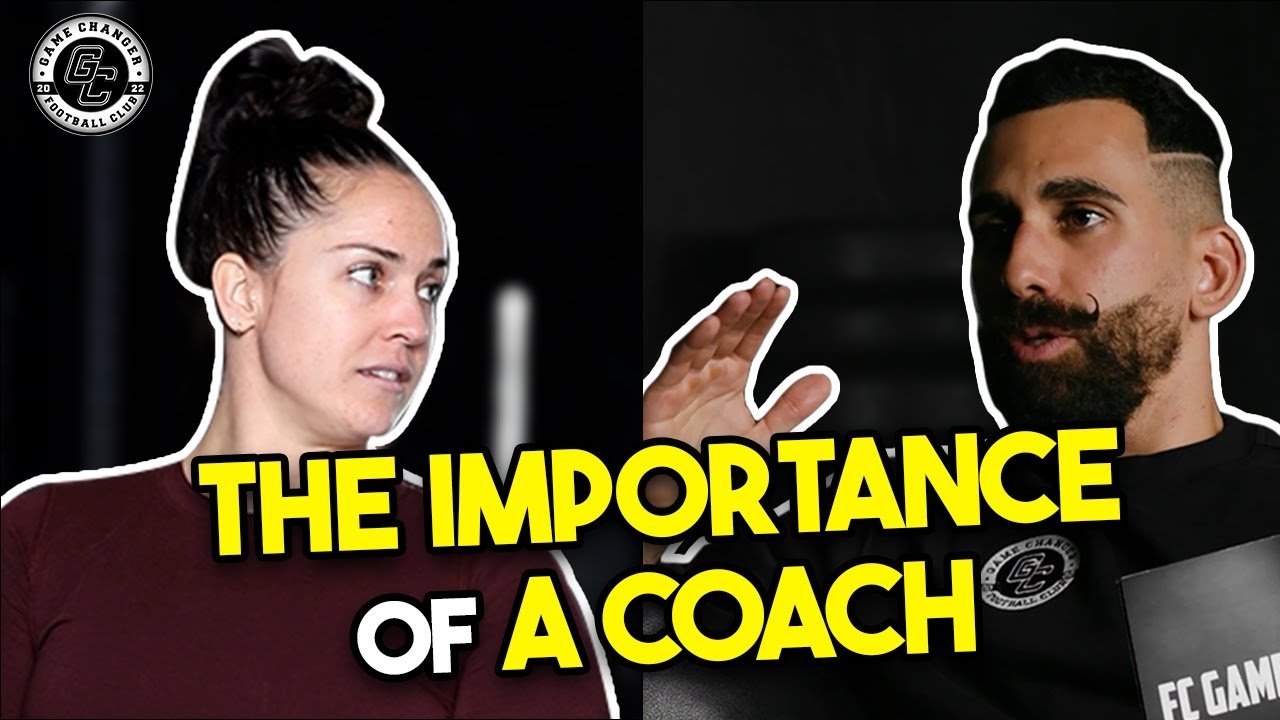The Importance Of A Player/Coach Relationship
We asked Katelyn Patridge (@nutritionwithkp), Nutrition & Lifestyle Coach, certified CrossFit coach, and former college soccer player, how important is the relationship between a player and a coach.
“Now that I am a coach, I want to give my athletes the things that I was given as a player. Which are things like resiliency, toughness, patience, guidance, and love. All of the things that an athlete needs on their journey.”
This led our host, Armando, to ask, “How important is that relationship between a coach and a player in order to really maximize their soccer abilities?”
Katelyn responded, “There are no words that can do it justice to how important it is. Being able to build trust with your coach, being able to rely on your coach, and believe in your coach, the same way that you would want your coach to believe in you, trust you and support you. It is a two-way road. It’s so important.
If you are an athlete and you’re going into a match, and you feel like your coach doesn’t have any confidence in you, it’s just going to crush your soul. You’re not going to perform as well as you can. It’s just all bad.”
Armando follows this up with, “The reason I asked that is that some of the coaches that I’ve had throughout my career, I count the most important ones as mentors, for life. Even though I don’t talk to them anymore, but to me, every time I remember them, and the things that they’ve told me, before the game, during the game, after the game, literally help me keep my head up.”
Katelyn replies, “I can relate. Most of my coaches have been the most supportive and showed me the most guidance. They taught me things about life and sports and athletes and coaches.”
If you are looking to help develop a strong relationship with your coach, here are some tips:
Communication: Communication is the foundation of any strong relationship. An example of a good communicative relationship between a coach and a soccer player is when the coach can lead and direct their players, and the players feel free to express ideas and concerns.
Trust: Trust is a two-way street, but if a player can fully trust their coach and the coach can fully trust their player, the relationship will be stronger for it. Trust comes from commitment, sticking to one’s word, and honesty.
Dedication: If you are dedicated to your team and your sport, your coach will pick up on that because you share the same goals. Dedication to getting better every day will also help your coach want to dedicate their time to help you get there.
To learn more about building strong relationships with your coach, and so much more, watch the full interview below.


